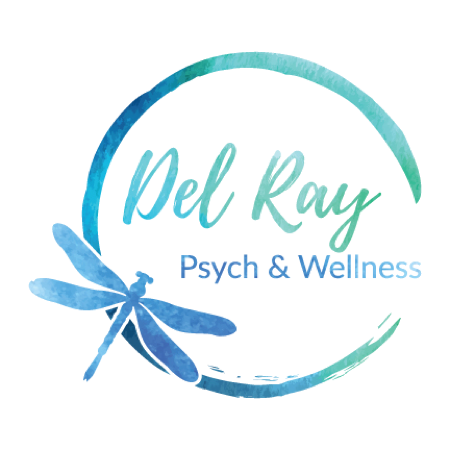Can Ketamine Assisted Psychotherapy Help with Anxiety?
If you’ve been living with anxiety, you probably know the routine all too well—racing thoughts, that knot in your stomach, and the feeling that you can’t quite switch off. The silver lining? There are plenty of treatment and management options for anxiety.
Unfortunately, there isn’t a one-size-fits-all option. Finding the right treatment can be a long road, especially if the usual options haven’t given you much relief. One approach you might not have considered yet is ketamine-assisted psychotherapy (KAP).
Ketamine-assisted therapy is an emerging modality designed to quickly regulate your mood and make it easier to combat negative, intrusive, and anxious thoughts. So, how well does it really work for anxiety, and what can you expect when trying it?
Clearing the Air about Ketamine
When people hear the word “ketamine,” they often think about its reputation as a party drug. However, long before it made headlines as “Special K”, ketamine was widely used in hospitals as a safe and effective anesthetic. In recent years, research has been exploring its potential for mental health treatment—and the results have been encouraging.
When it’s given in a controlled setting by trained professionals, ketamine isn’t about “numbing” your mind. It’s about creating the right conditions for therapy to work more effectively, especially for people dealing with stubborn anxiety.
One of the biggest draws of KAP is how quickly it can help. Traditional anxiety medications or therapy can take weeks or even months before you feel real change. Ketamine works differently. It interacts with your brain’s glutamate system, which plays a role in regulating mood and thought patterns. Some people notice a shift in their anxiety symptoms in just a matter of hours.
For someone who’s been carrying the weight of constant worry or panic, that kind of relief can be life-changing.
How Ketamine Breaks Anxious Thought Patterns
Anxiety has a way of trapping you in the same fearful thoughts over and over again. Part of KAP’s magic is that it promotes neuroplasticity, which is your brain’s ability to make new connections. Think of it like loosening up mental “knots” so you can think and respond in healthier ways.
When combined with therapy, this can help you process what’s behind your anxiety and build new coping skills—without feeling quite as locked into old patterns.
Is KAP for Everyone?
KAP is often considered when other methods, including traditional talk therapy or medication, haven’t done the trick. It’s still not FDA-approved specifically for anxiety, so that’s something to be aware of and take into consideration. Side effects can include mild dissociation, dizziness, or nausea, though these are usually temporary. But, because therapy sessions are monitored closely, you’re in good hands if you do start to experience any adverse side effects.
Cost can also be a factor, since not all insurance companies cover ketamine-assisted psychotherapy yet. It’s worth checking with your provider so you know what to expect before starting.
Don’t make the mistake of thinking that KAP is a quick fix. While you might notice results right away in how you feel, it isn’t designed to “get rid of” your anxiety. To do that, it’s important to be able to talk to a mental health professional about what you’re experiencing. KAP can help you feel calm and comfortable enough to do that, allowing you to open up in ways you wouldn’t before.
If it feels like anxiety has had control of your life for far too long, this could be an option worth exploring with a qualified therapist. If you’re interested in learning more or you’re ready to set up an appointment, contact us today. We’re happy to answer any questions you might have about the KAP experience and what to expect.

